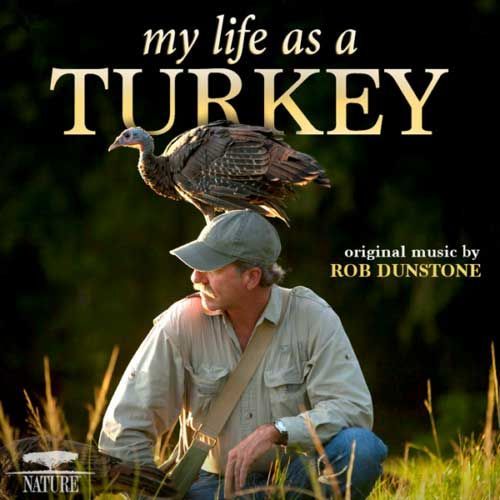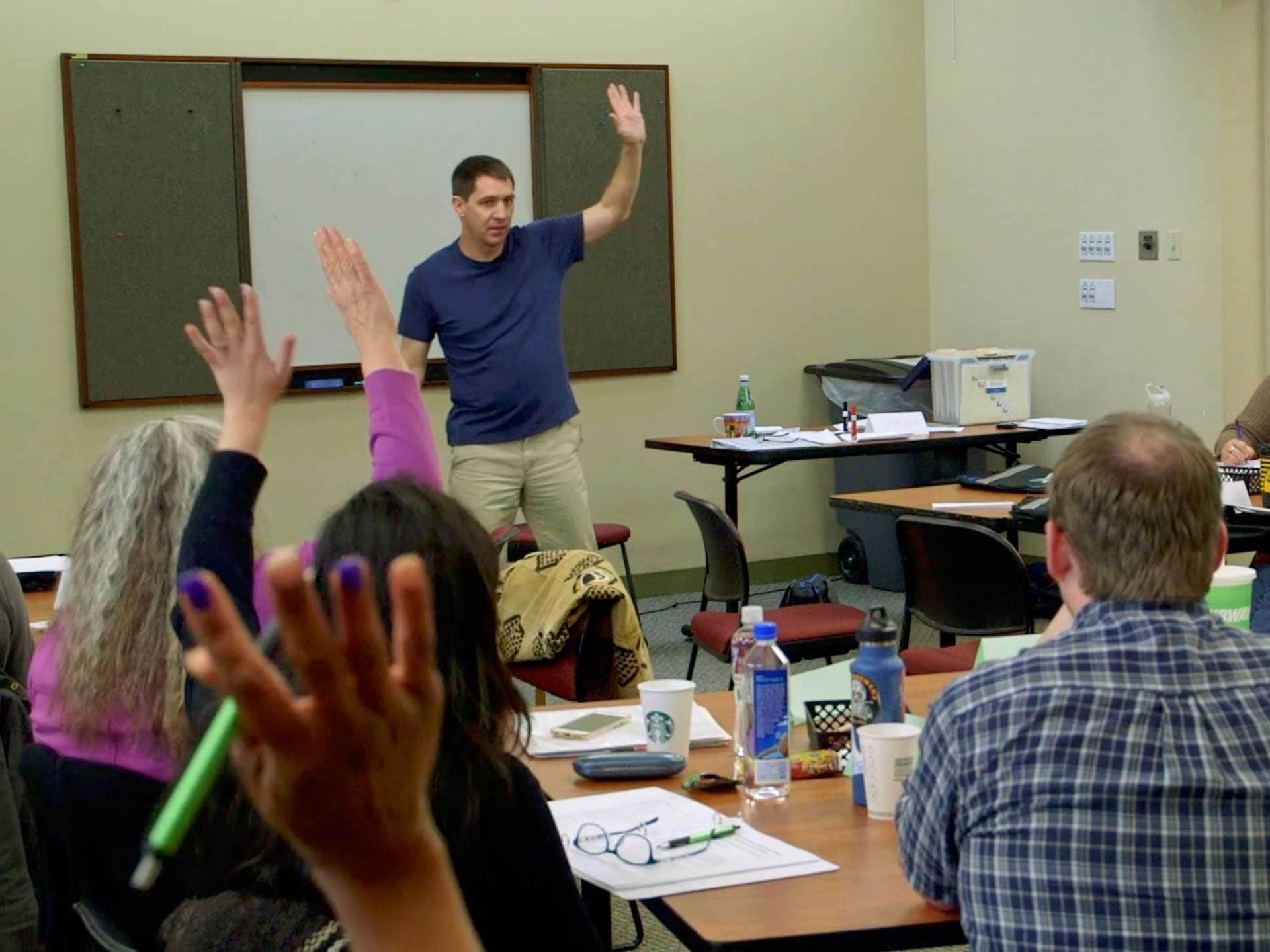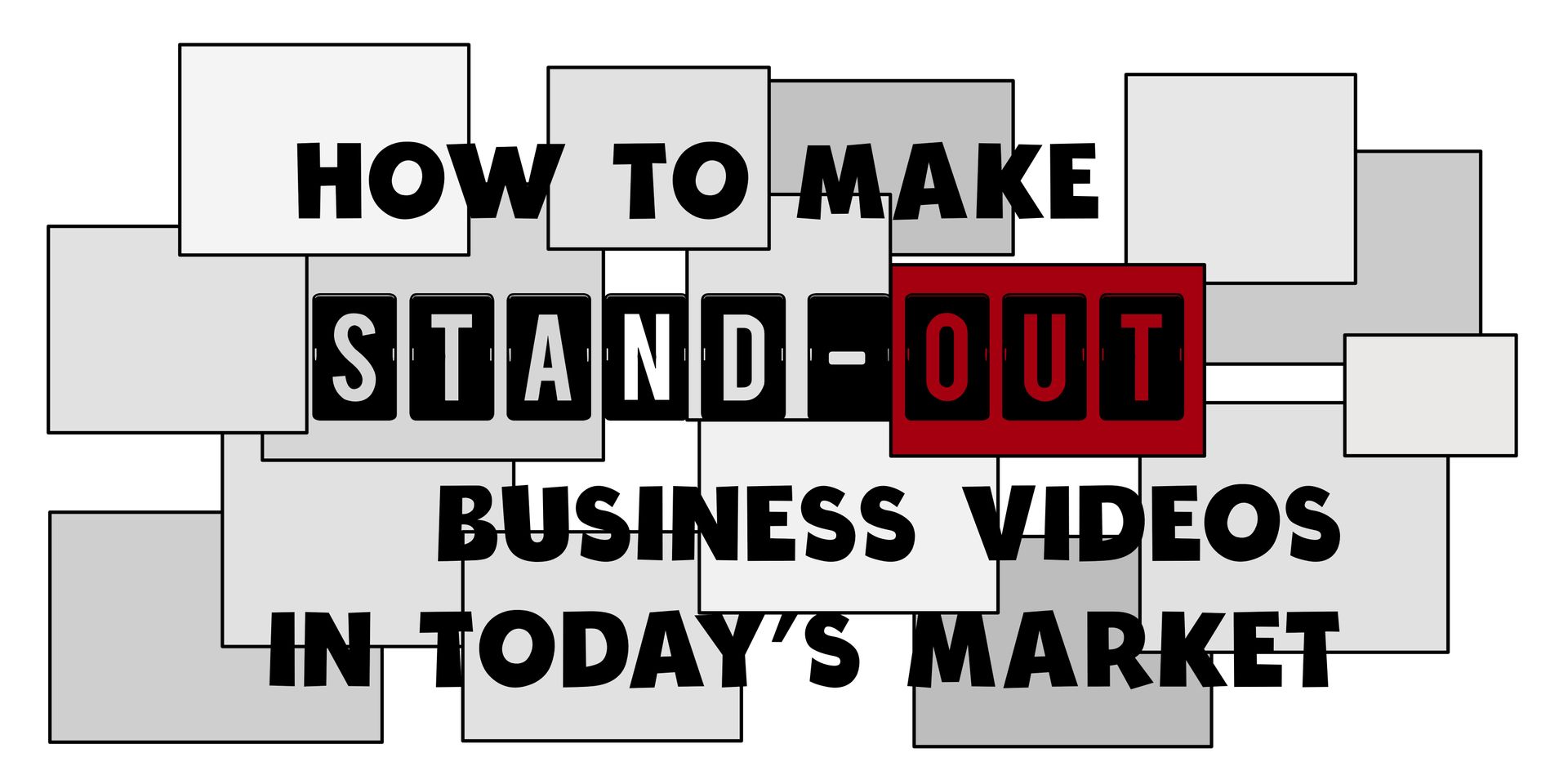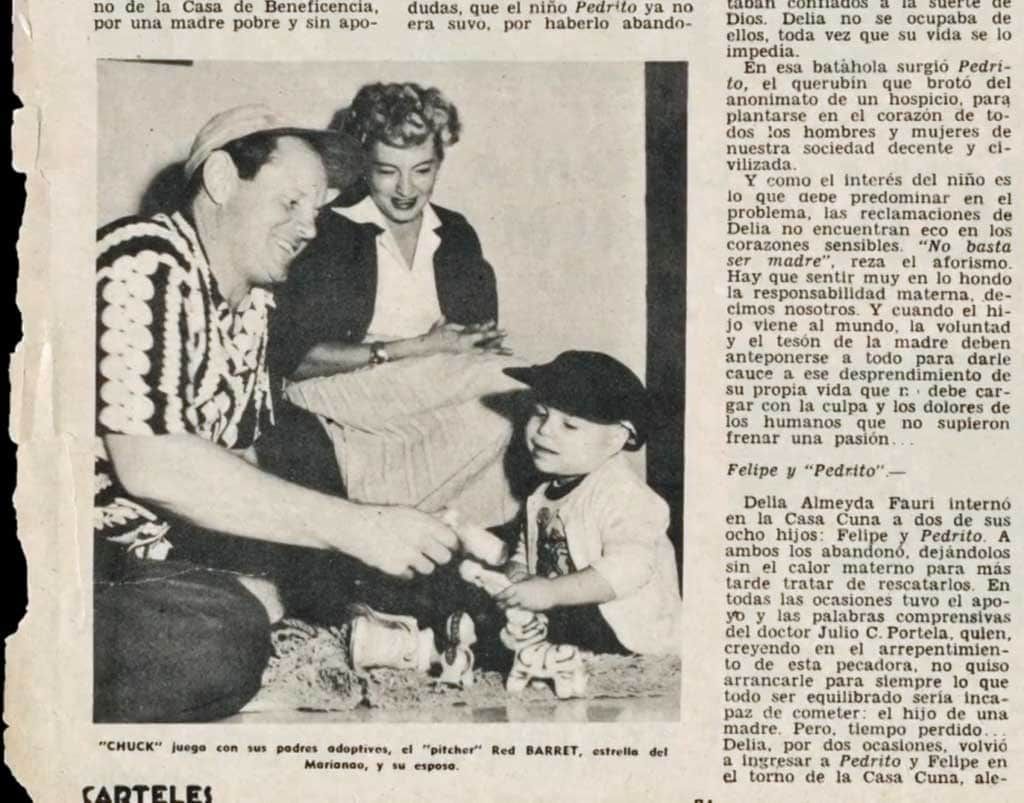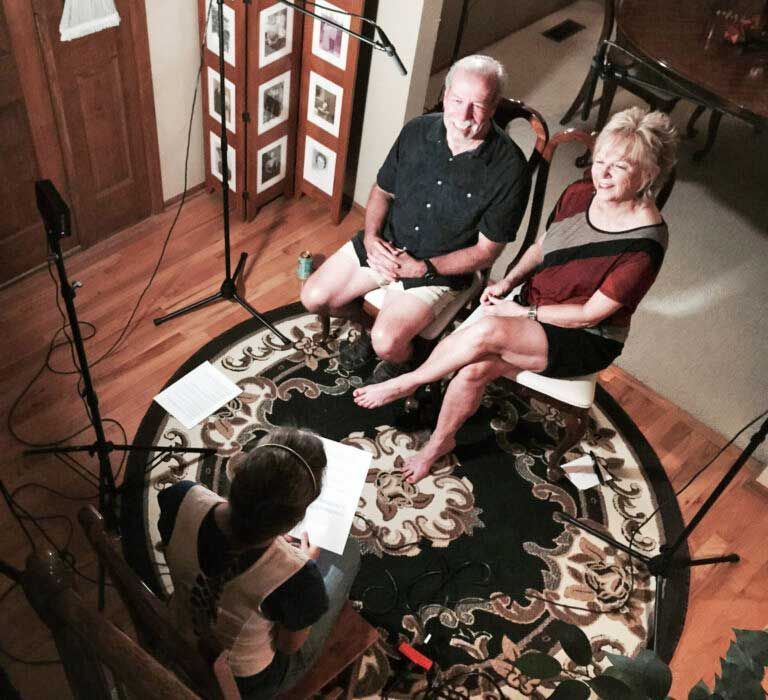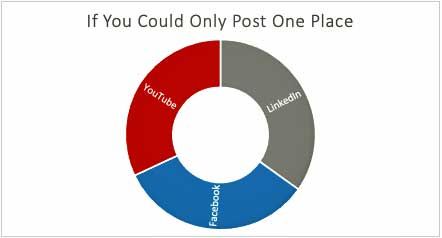How to Recognize Your Story
How do You Discover the Value of Your Story When You Don’t Think You Have a One?
How will they remember me? This is a question we all face at some point. Whether we envision lingering acknowledgment of talents or failures, anecdotal stories or life values, that question arises at some point – even to people who don’t feel like they have much of a story.
If you do not recognize your personal story, this question can quickly be disregarded as pointless, vain, or simply out of your control. Perhaps you think you don’t have a story to tell, it’s nobody’s business, or dwelling on it is not worthwhile. Others strive to ensure their memories will last through wills, endowments, personal influence, or through their work. They too risk missing out on passing along the values that built their success and can influence following generations.
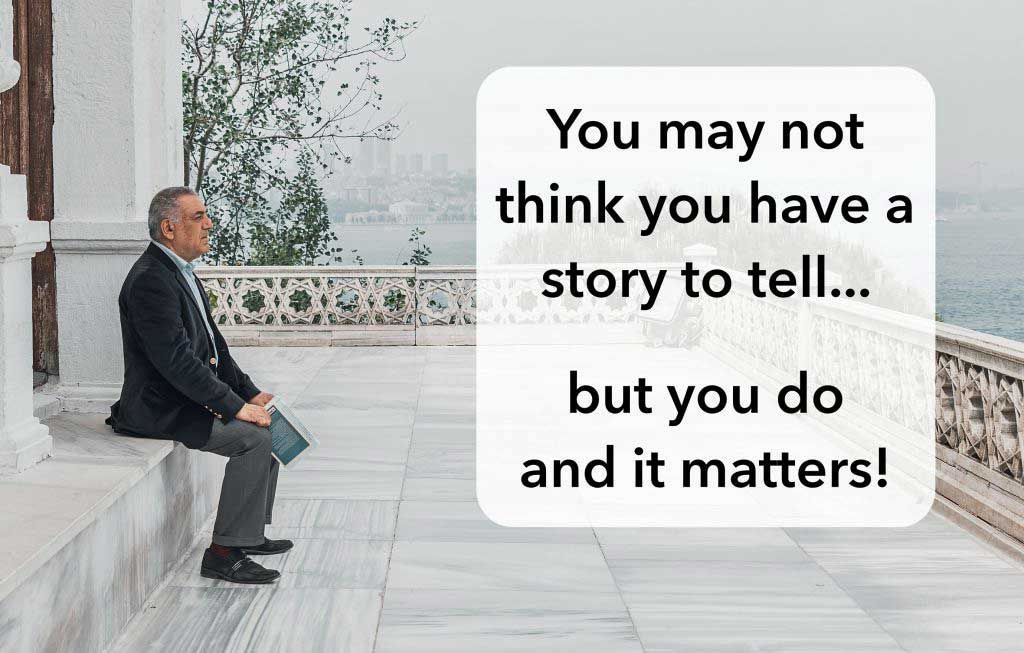
The Structure of a Story
First of all, let’s establish that your personal story is valuable, intrinsically, because it is yours and your life has meaning and purpose. To recognize the journey, it’s struggles as well as successes, makes the end result richer.
Unfortunately, many of us spend most of our life not paying attention to our own grand story. Good stories include certain key elements: a hero, goals, and conflict to reach those goals. You are the hero of your personal story. Your character and values are forged through conflict in life. Conflict can range from small things like learning your preferences, or big challenges like difficult relationships or drastic events. Similarly, goals can range from seemingly insignificant to ones that represent a life well-lived to you.
Viewing your life from the heights of a narrative can transform dreary struggles of life into epic tales. A young adult unsure of his career becomes a story of self-discovery. The mother can take courage when looking back to the previous struggles in life’s chapters and take hope when looking forward to the dreams for her children. Each season of life which passes carries its own set of conflicts and feats. If we pay attention, we can enjoy the hard-won riches of character development and recognize the achievement of our goals.
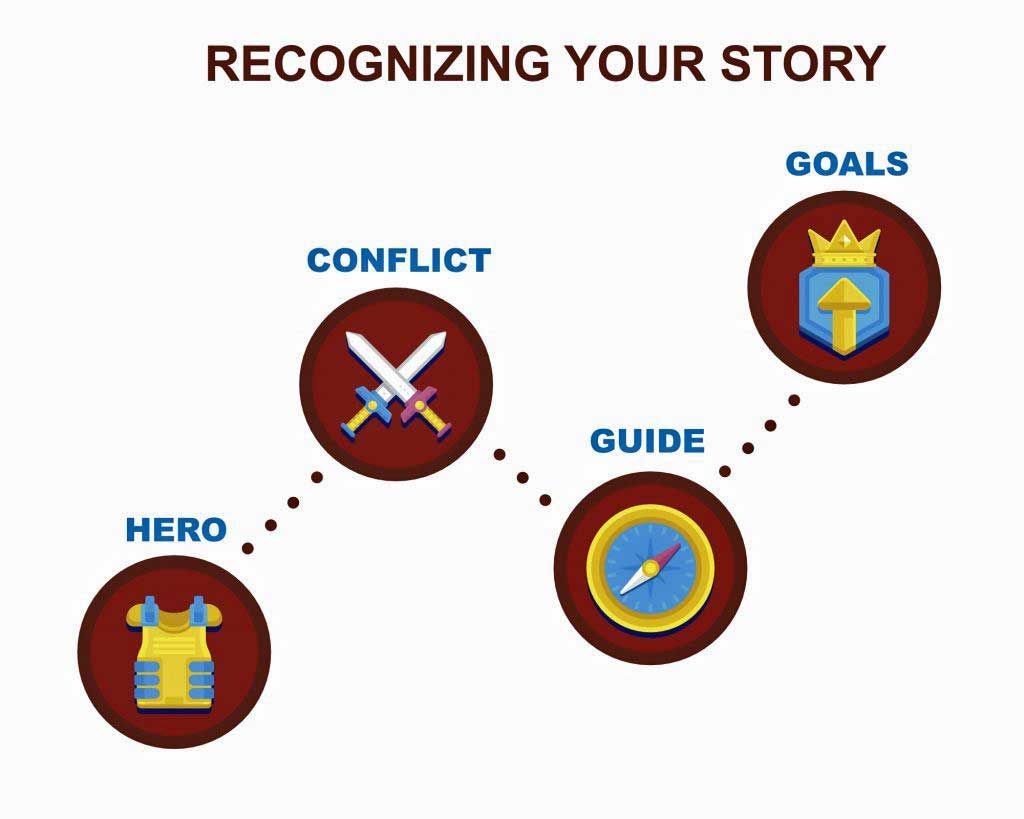
Another element of a good “hero’s journey” story is the guide – an older, wiser person who can give the hero the help they need to succeed. Look back on your life, and you’ll see influencers like parents, teachers, or inspirational speakers and writers acting as guides. As one continues through life, opportunities increase to play the part of a wise guide to others. Suddenly your story isn’t just about you. The wisdom and life experiences of guides is vital to the success of those younger, less equipped, and less experienced. When you recognize your own story and values, you are able to use them to help others.
Each person makes choices according to the values they hold dear. Recognizing yours will help you not only live your life with clarity and self-awareness, but also clearly share them with others. In Part 2, we will discuss how to discover your values.


